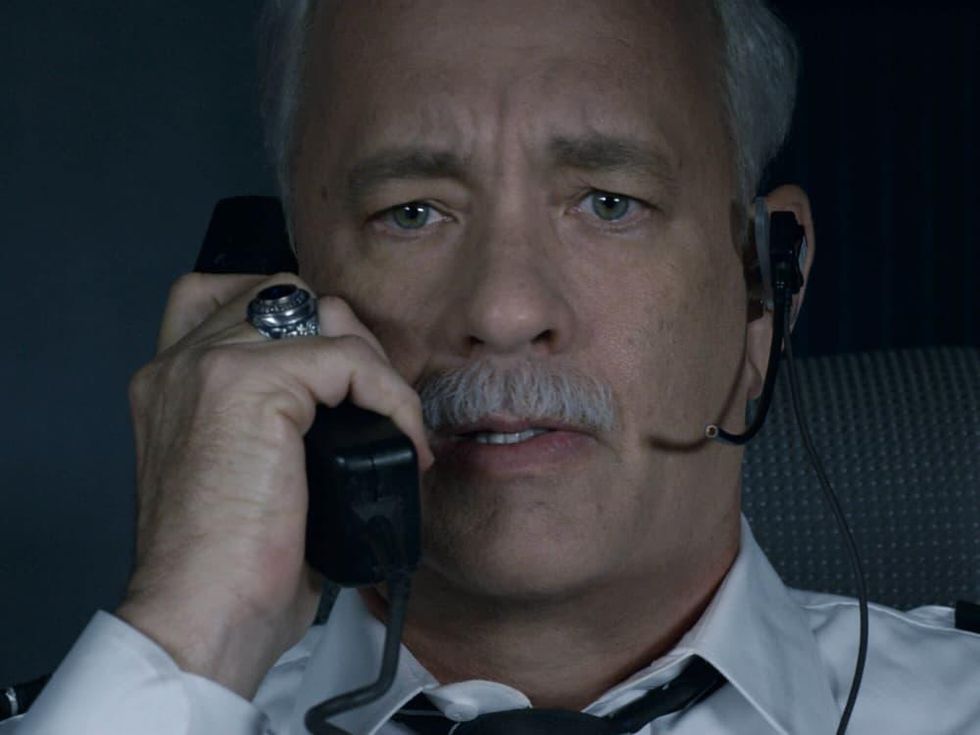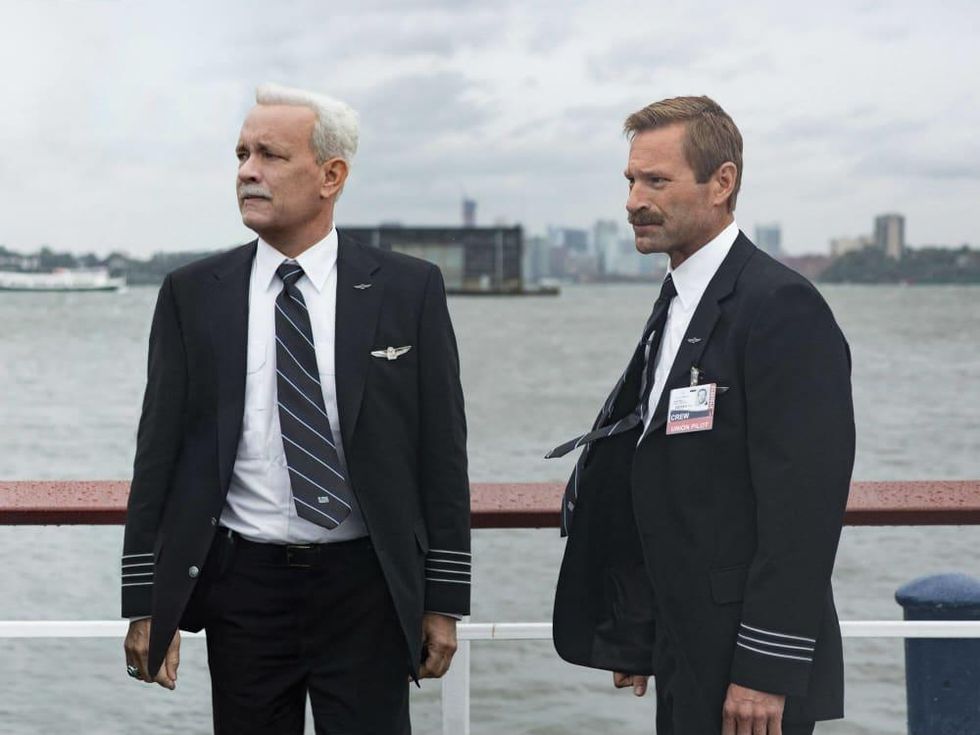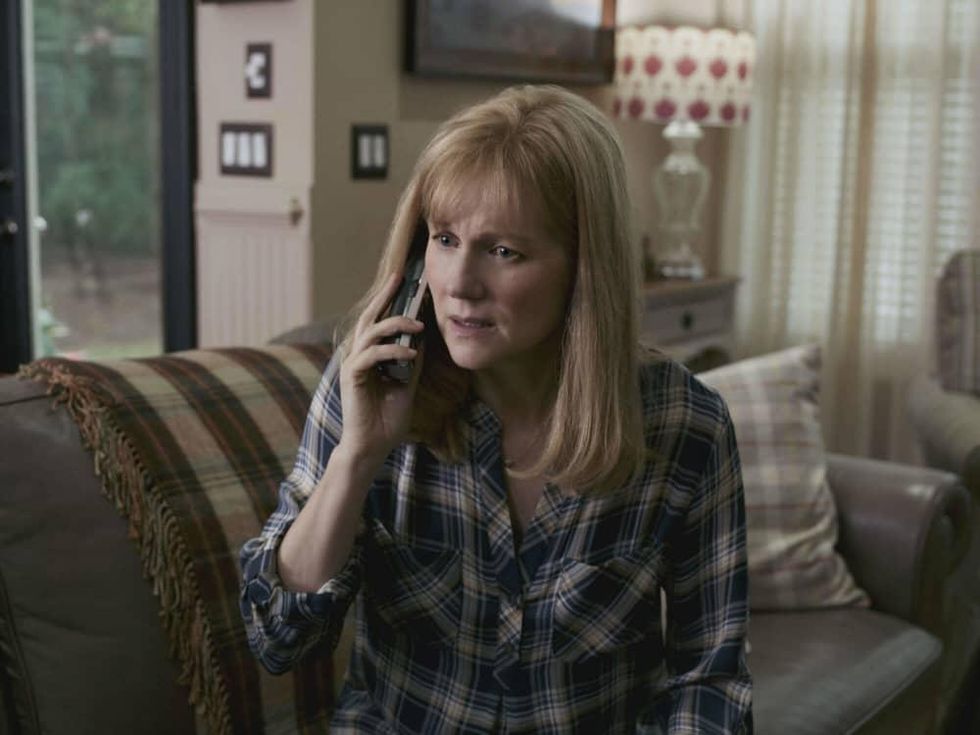Movie Review
Tom Hanks does it again with Sully’s real-life heroics
When ordinary, nonpublic people have a movie made about them, it’s usually for one of two reasons: They did something really good, or they did something really bad. And since they’re only known for that one notable thing, the resulting film tends to either praise them or excoriate them, with no middle ground.
If there is one recent person who was thrust into the spotlight unwillingly and who seemed due for heaps of praise, it's U.S. Airways pilot Chesley “Sully” Sullenberger. Sully, in case you forgot, made a successful water landing in the Hudson River in 2009, saving all 155 people on board, after both of his jet’s engines were knocked out by a bird strike.
Given that Sully is played by Tom Hanks, it’s plain to see which side of the praise/excoriate line the movie Sully will be. But because watching Sully, co-pilot Jeff Skiles (Aaron Eckhart), and the rest of the passengers and crew on Flight 1549 go through an event that took literally less than five minutes would only be compelling for so long, director Clint Eastwood and writer Todd Komarnicki had to insert some sort of other conflict.
The majority of the film focuses on the aftermath of the event, as Sully tries to adjust to his newfound fame, and he and Skiles are put through the rigors of an investigation by the National Transportation Safety Board. Sully is hailed as an instant hero by almost everyone he meets, but the NTSB panel tries to poke holes in every aspect of the event, questioning whether he made the right decision.
Outside of the framework of a movie, the panel’s dedication to finding answers is logical and even admirable. But in the movie, it’s used to paint the panel as the “bad guys,” the only ones who don’t believe Sully and who seem to want to take him down just to show their power. Every time we see their scowling faces, it’s a reminder that we should hate them, which is a disservice to people just doing their jobs.
But it’s Sully’s quick, calm decision-making skills that shine through time and again, even after he’s landed the plane. One of the best decisions Eastwood makes is to save showing the actual event until midway through the film, establishing the characters before showing the trauma they went through. When he flashes back to the water landing, which he does on multiple occasions, it has more impact than it would have had he started the movie with it.
Hanks has turned in so many superb performances throughout his career that you can run out of superlatives. You could almost consider this to be a nice trilogy capper with Captain Phillips and Bridge of Spies; each showcases his ability to portray a real person who’s calm and collected on the outside, but always in a relatable way. And when he’s finally allowed to show some emotion, it hits you like a gut punch.
The forced conflict in Sully is understandable as a movie device, but it mostly falls flat. Where the film soars is when it focuses on Sully the man, showing who he is and just what a remarkable feat he performed that fateful day.




